Q&A: RYAN VAN DEN BERGH: CHAIRMAN OF THE ESPORTS BOARD OF CONTROL, MIND SPORTS SOUTH AFRICA
Q: What is your opinion on the console vs. PC games debate? Which do you think is better and why?
A: I don’t believe one can simply declare either PC or console gaming as the clear “winner”. Each gaming platform addresses a different target market, and appeals to individual players’ personal preferences. In my experience, many gamers also own a variety of such platforms. Personally, I use my PC for competitive gaming and my Xbox360 and Wii for recreational gaming.
Q: Online gaming or playing against friends in one room at home?
A: It usually depends on what a gamer is looking for. Personally, when I play online I expect to encounter a greater level of competitive skill among my opponents; however, the downside is that I never know whom I’m playing against – it could be anyone.
Conversely, when I’m playing at home on a LAN with friends, it’s much more of a recreational activity and I also know exactly whom I’m competing against.
I believe that the best format for competitive eSports is probably the LAN-based championship, which allows highly competitive gamers to meet face-to-face and compete according to strictly defined rules and regulations, and supervised by accredited umpires. This is the format used for all major eSports championships, both local and international.
Q: What constitutes an e-game/e-sport?
A: Any computer game, on any platform, can be constituted as an eSport, i.e. an Electronic Sport. Mind Sports South Africa (MSSA) is the National Sports Federation responsible for eSports locally. The MSSA eSports Board of Control, in consultation with the International Electronic Sports Federation (IeSF), determines which computer games are played during the provincial and national eSports championships. eSports matches generally comprise one or more games played between individuals or teams in either an online or a LAN environment.
Q: Can one make money off e-games/e-sports like professional athletes?
A: eSports is still a very young sport in South Africa, and so currently South African players compete as amateurs. In more developed eSports nations, such as South Korea and Sweden, there are professional eSports organisations who pay their players a salary. South Africa will almost certainly reach that stage one day; however, as with all sports, there will always be a need for people who participate simply for the love of the game, and so amateur athletes and clubs will always be crucial to the healthy development of eSports.
Q: What is the next big development you see happening in the gaming arena?
A: Globally computer gaming is making the transition from being a recreational hobby to becoming a major global sport. Twenty governments have already accredited eSports as an official sport, and these nations’ eSports federations have banded together to form the International Electronic Sports Federation (IeSF). This has opened the door for official eSports Test Matches between countries, and hopefully over the next few years, eSports will begin to be included in such major international sporting competitions as the All-Africa Games, the Commonwealth Games and the International Mind Games. Locally, through the efforts of MSSA, work has already begun on the grass-roots development of eSports at both school and university level. In addition, as eSports is a discipline within MSSA, players can earn Provincial, National and even Protea Colours when they represent South Africa at international level

